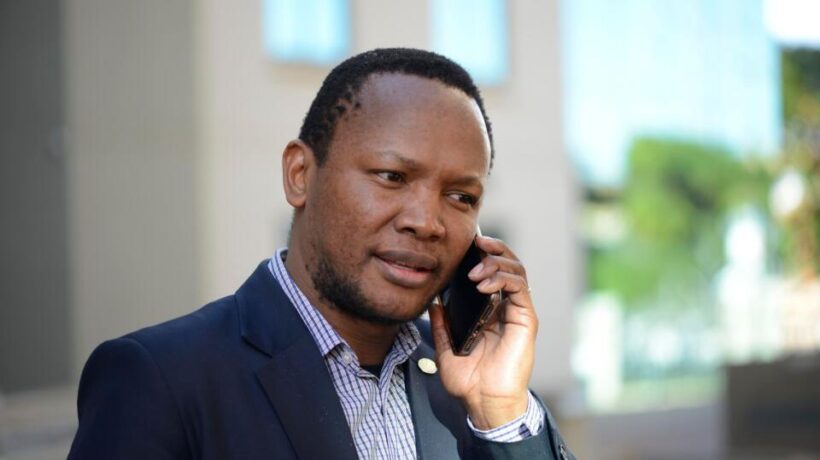The story of the “Please Call Me” inventor, Nkosana Makate, is not about one man. It’s a story of South African young people who are ignored within corporate SA. When Nkosana Makate came up with the “Please Call Me” idea no one expected it to come from a township young man. The Vodacom leadership at the time just expected him to focus on his internship and earn a stipend at the end of the month. Makate was however pregnant with township experience that informed and inspired the “Please Call Me” idea.
We find a similar attitude in corporate SA today. Ideas of young people from townships are suppressed, they are not expected to come up with technological solutions yet they have an experience of some of the toughest challenges in our society. In case this is difficult to understand, just look at the number of young people who are funded to make their business ideas a reality. The lack of funding or support has nothing to do with the validity and feasibility of their ideas but more to do with the view that someone from a township cannot think.
This is clear when one looks at the Makate case. Here is a young man who experiences a difficulty of communicating with his partner and thereafter designs a solution based on his lived experience. In articulating the solution he does not only outlines the challenge, which was also experienced by many South Africans at the time, but also identifies a technology – USSD (Unstructured Supplementary Service Data) which is a Global System for Mobile Communications (GSM) protocol.
At this point in time it’s important to note that the use case for USSD was completely different, at least in the South African context. What Makate did is what most technologists do when they come up with solutions for our society. They identify a major challenge and at the same time they pick an ideal technology to address the challenge. When they don’t have all the expertise to develop a solution, they partner with those with tools and skills. This is exactly what Makate did and there was consensus that he was the creator. What happened thereafter is what happens to most young people from townships. Their ideas are hijacked by people with access to funders and networks and they present their ideas as if they have conceived them.
There are many Makates in our society.
As this matter is now approaching its conclusion, some have come up with strange theories. Some have started to argue that if Makate were granted what is due to him he would be richer than some of the richest South Africans. Some have also come up with weird theories such as that paying Makate will lead to retrenchments at Vodacom. There’s a need to be less confused when it comes to dealing with the Makate matter. Here we are dealing with a technology Intellectual property (IP) matter. In this country in terms of the law, IP matters. People are expected to be paid for their IP. If their IP has contributed towards wealth creation then they are entitled to the piece of the pie. The “Please Call Me” matter with Makate offers South Africa an opportunity to do what is right. It’s a wake up call to start acknowledging young people from townships. They have the capability to think beyond imagination. They need the support to make their dreams a reality.
They experience the challenges and they are the best to come up with solutions. When they come up with solutions there’s a need to credit them and not to suppress them. This is what could lead to more relevant and impactful innovations in the country.
When Nkosana Makate came up with the idea he understood very well what he was doing. He still understands the value of that idea today. His experience has opened his eyes about the challenges facing township young people within corporates. When he is paid what is due to him I believe he will do something to acknowledge innovations by township based young innovators.







